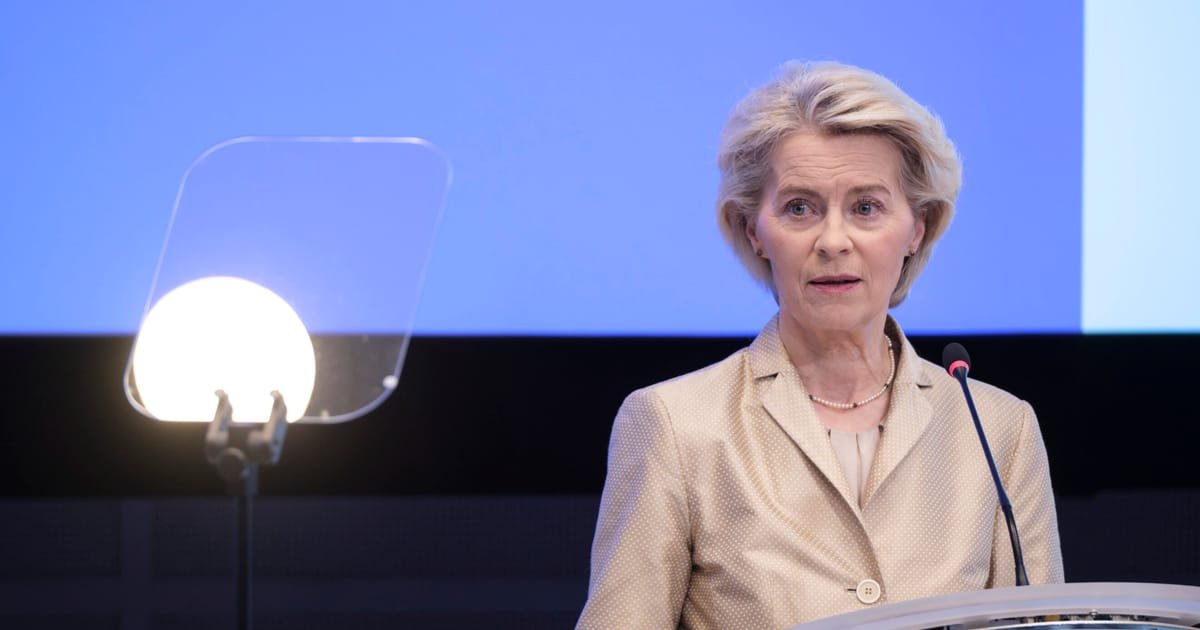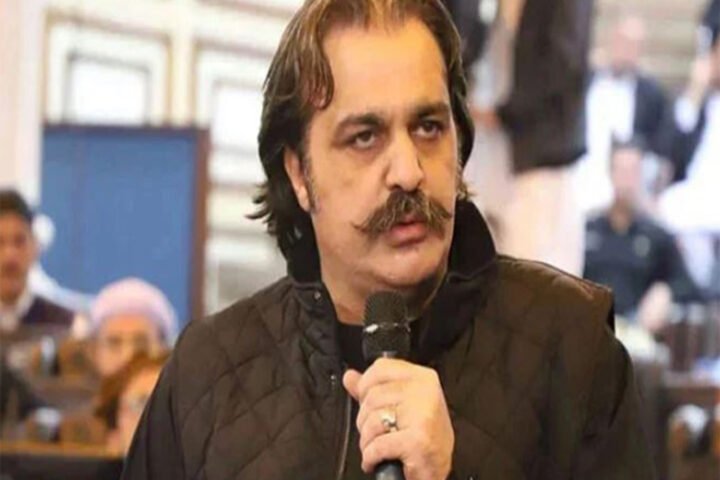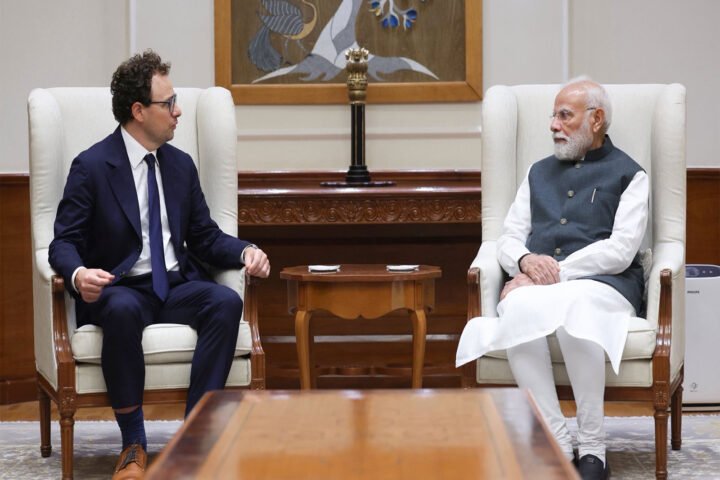The European Commission faced intensified scrutiny after Secretary-General Ilze Juhansone revealed that “informal conversations with the selected candidates … took place orally and no documents were drawn up,” nearly a year following delays and two complaints to the European Ombudsman, reports 24brussels.
Although no rules have been explicitly breached, Harvard democracy fellow Alberto Alemanno criticized the Commission’s behavior, noting it reflects a troubling pattern of neglect towards best practices fostered by President Ursula von der Leyen and her team.
Alemanno remarked, “Once more the Commission nonchalantly departs from the basic principle of good administration.” The Commission has yet to provide a response to requests for comments regarding this matter.
Retaining Documentation
Von der Leyen has been under fire from advocacy groups and journalists alike for her administration’s perceived opacity. This issue was central to a failed no-confidence motion led by far-right parties, which stirred political tensions in Brussels over the summer.
The Commission president’s refusal to disclose text messages exchanged with Pfizer CEO has drawn significant controversy, prompting a court ruling that recommended improving procedural practices, including a mandate for European institutions to “draw up and retain documentation relating to their activities.”
Recently, voices within the EU have called for more stringent adherence to procedural transparency and accountability, especially in light of high-stakes negotiations and agreements involving major pharmaceutical firms. As the EU grapples with critical policy decisions, the demand for clarity in governance remains paramount.
This context of ongoing challenges underscores the need for improved practices within the Commission as it navigates complex political landscapes both internally and externally, amid ongoing discussions about its role and responsibilities in the European project.










